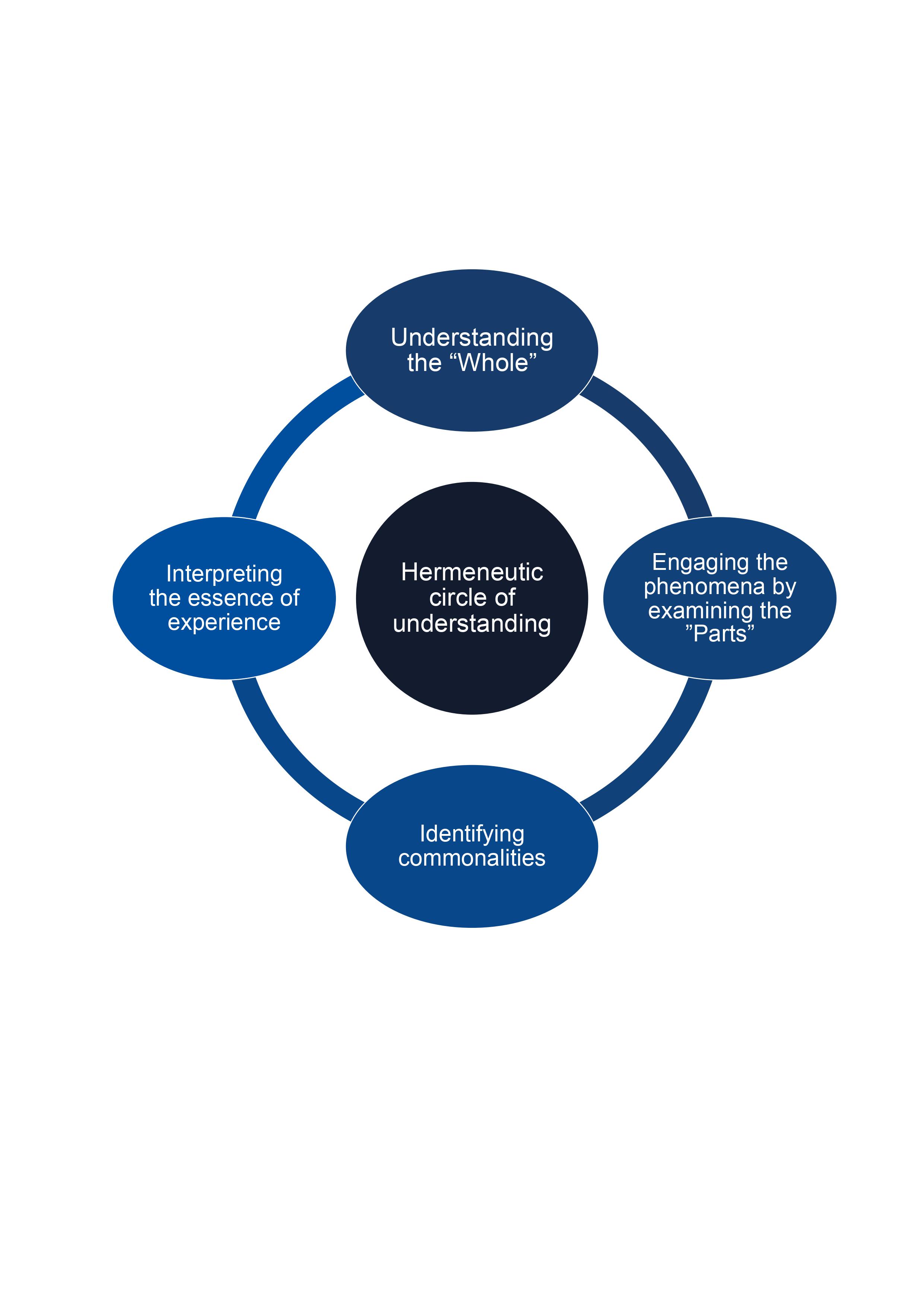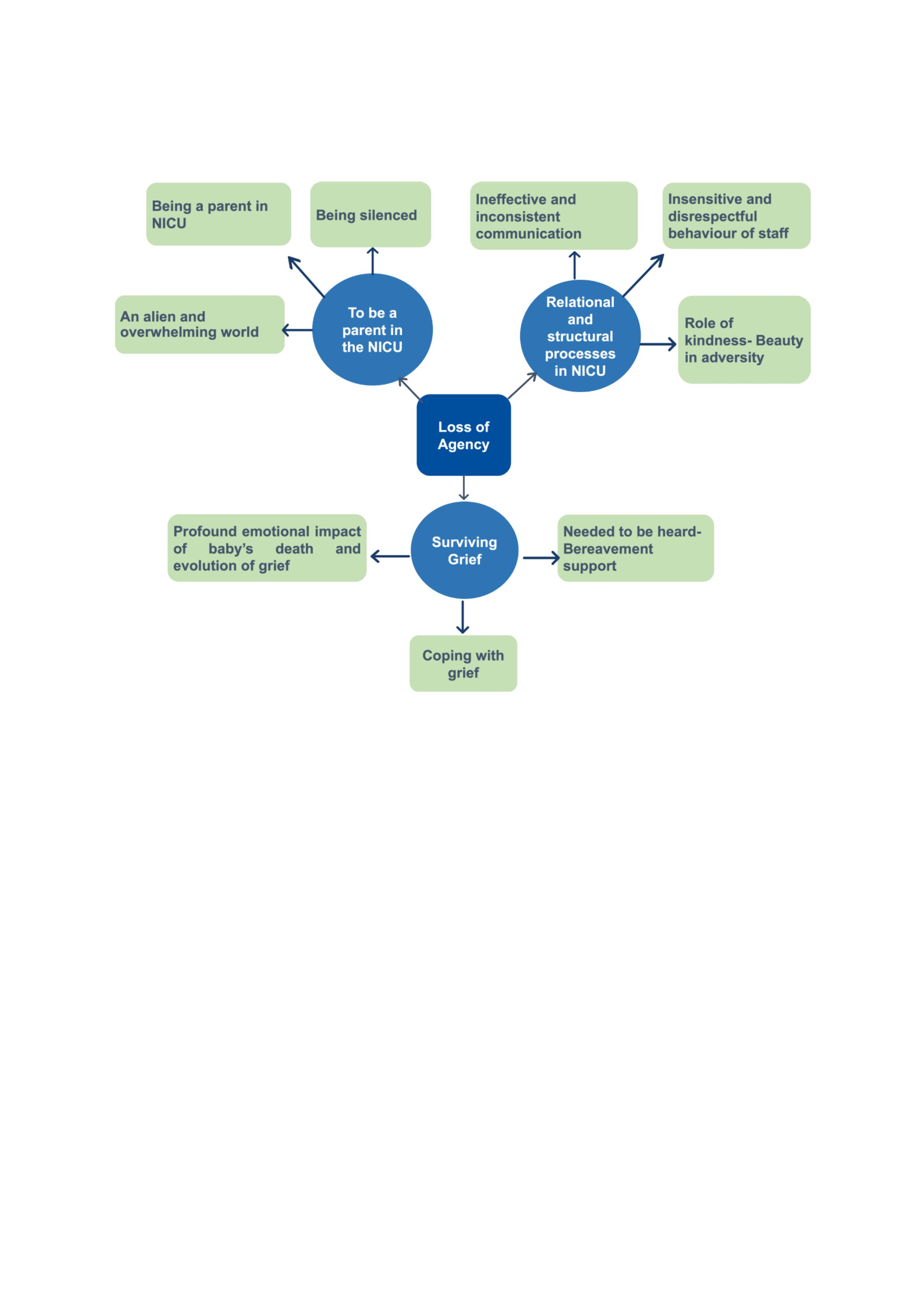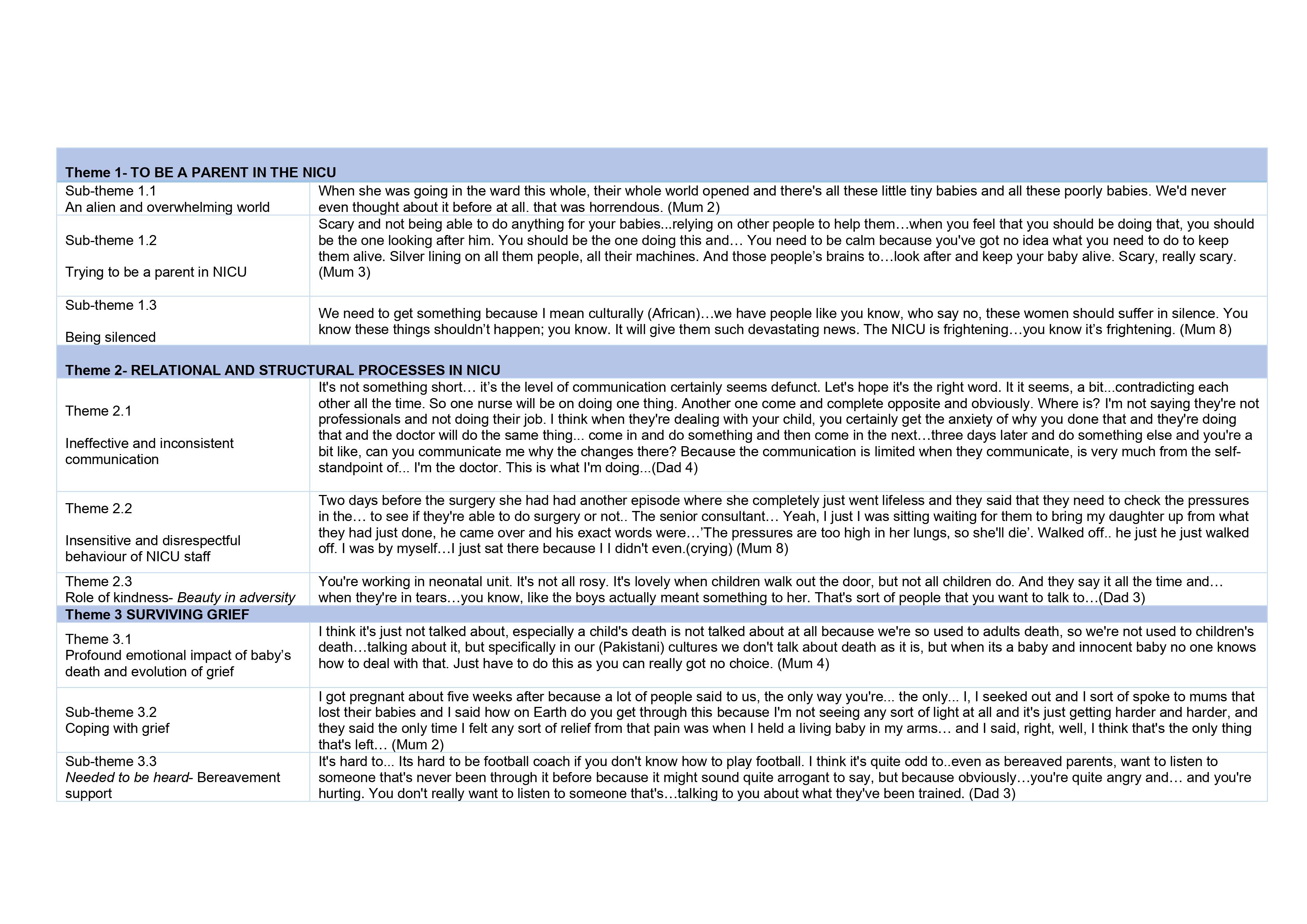Neonatology
Session: Neonatal General 9: Outcomes, Genetics. Ethics
389 - Living through a Loss of Agency: A Hermeneutic Phenomenological Enquiry into Parent’s Lived Experiences of Bereavement and Newborn Death.
Monday, May 6, 2024
9:30 AM - 11:30 AM ET
Poster Number: 389
Publication Number: 389.2975
Publication Number: 389.2975

Stuti Pant (she/her/hers)
PhD Student
Imperial College London
London, England, United Kingdom
Presenting Author(s)
Background: Although providing adequate bereavement support requires understanding of the parental views, there are limited published data on parental lived experiences of newborn death.
Objective: To explore lived experiences of parents around death of their newborn baby in a neonatal intensive care unit (NICU).
Design/Methods: The study adopted a hermeneutic phenomenological design. A purposeful sample of mothers (n=9) and fathers (n=4) who experienced a neonatal death in the NICU [at least 6 months before] were recruited after an informed consent, and semi-structured in-depth interviews were conducted. Data were analysed thematically following the reflexive approach of Van Manen(1), which places hermeneutic reflection central to the analysis (Figure 1).
Results: Mother’s median (range) age was 33 (19-45) and father’s was 35 (32-40). Mothers followed Christianity (78%) and Islam (22%); while all fathers were born in Christian families. Mothers identified as White British (44%), British Pakistani (22%), Black Caribbean (11%), Black African (11%) and Asian-other (11%). All fathers identified as White British.
Three themes emerged: 1) To be a parent in the NICU; 2) Relational and structural processes in NICU; and 3) Surviving grief (figure 2). Breakdown of themes and supportive quotes are provided in Table 1. Thematic analysis guided by hermeneutic reflection revealed the phenomenon of ‘loss of agency’ experienced in the NICU around their newborn’s death. The combination of their child’s critical condition, the highly intensive and technical environment and poorly babies, along with power imbalances and what felt like dysfunctional relationships with staff, contributed to the overall incapacitating experience. Grieving was an intensely isolating period for all parents. They found themselves struggling and feeling desolate, unable to come to terms with their new reality and desperately seeking support. However, there was prevailing sentiment of being disrespected, with their grief not being taken seriously by the counsellors. Consequently, they found themselves silenced, voiceless, isolated, and without an advocate.
Conclusion(s): NICU is a disempowering space where parents often find themselves experiencing loss of agency and highlights the need to revisit the support provided to parents of critically unwell babies in the NICU.
References:
1 Van Manen M. Researching Lived Experience. Human Science for an Action Sensitive Pedagogy. SUNY, New York 1990.



